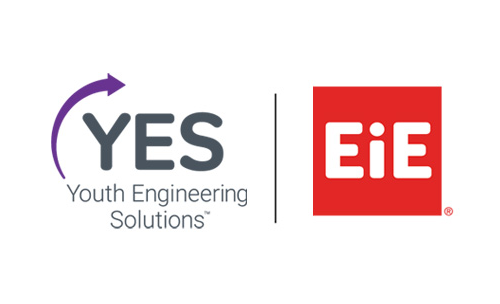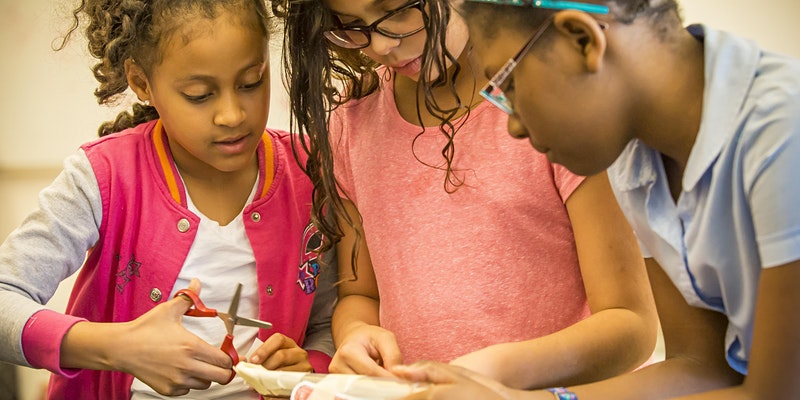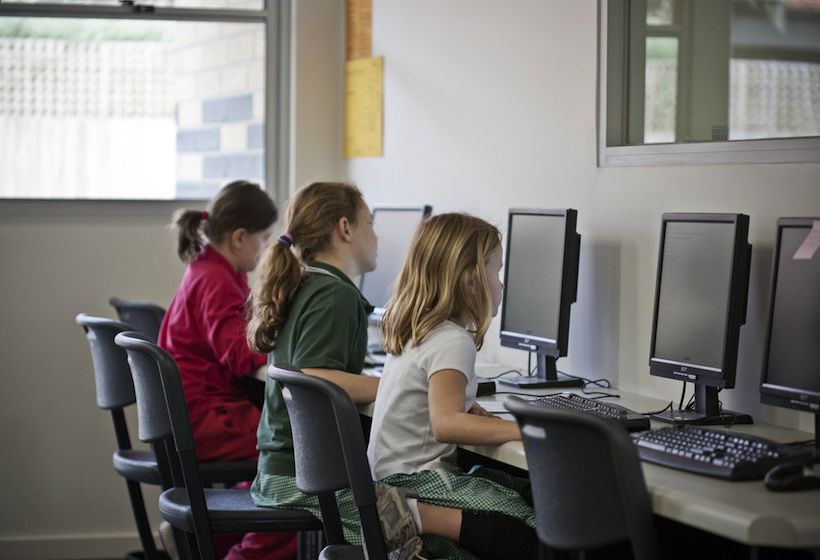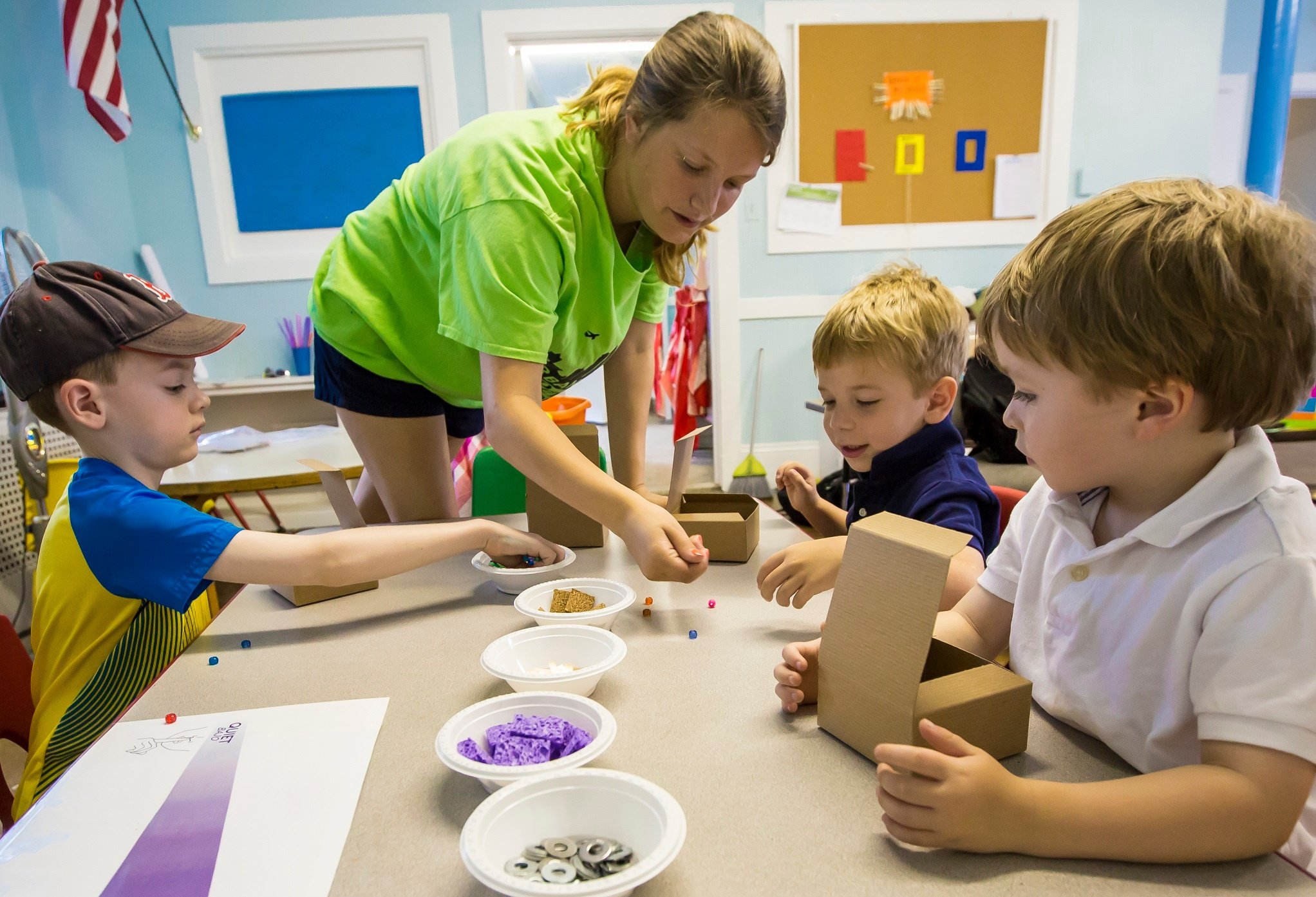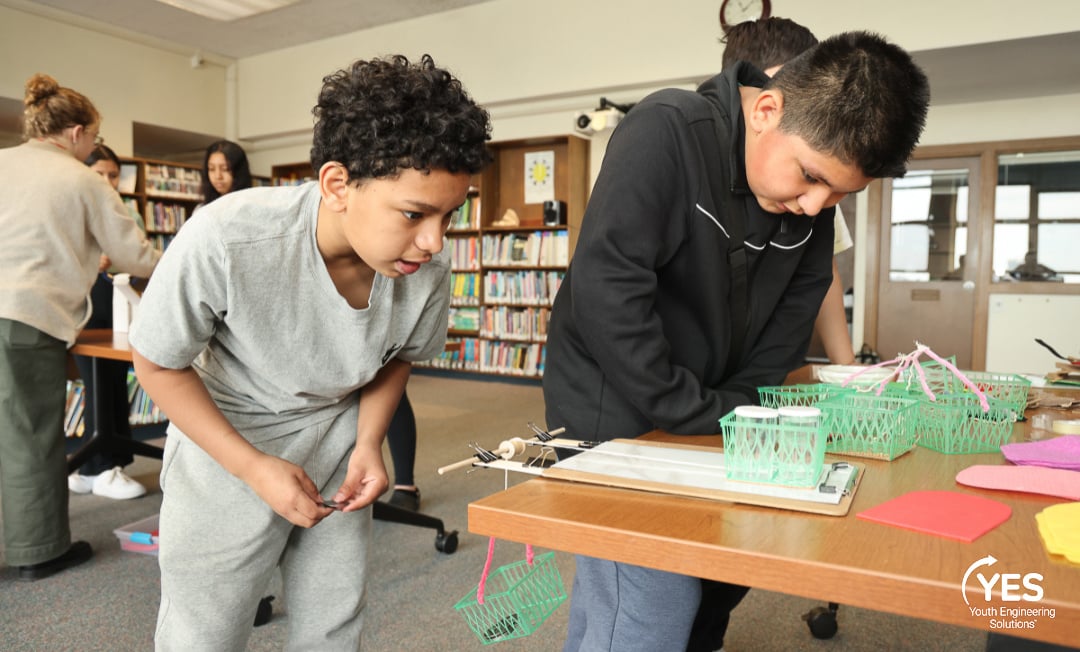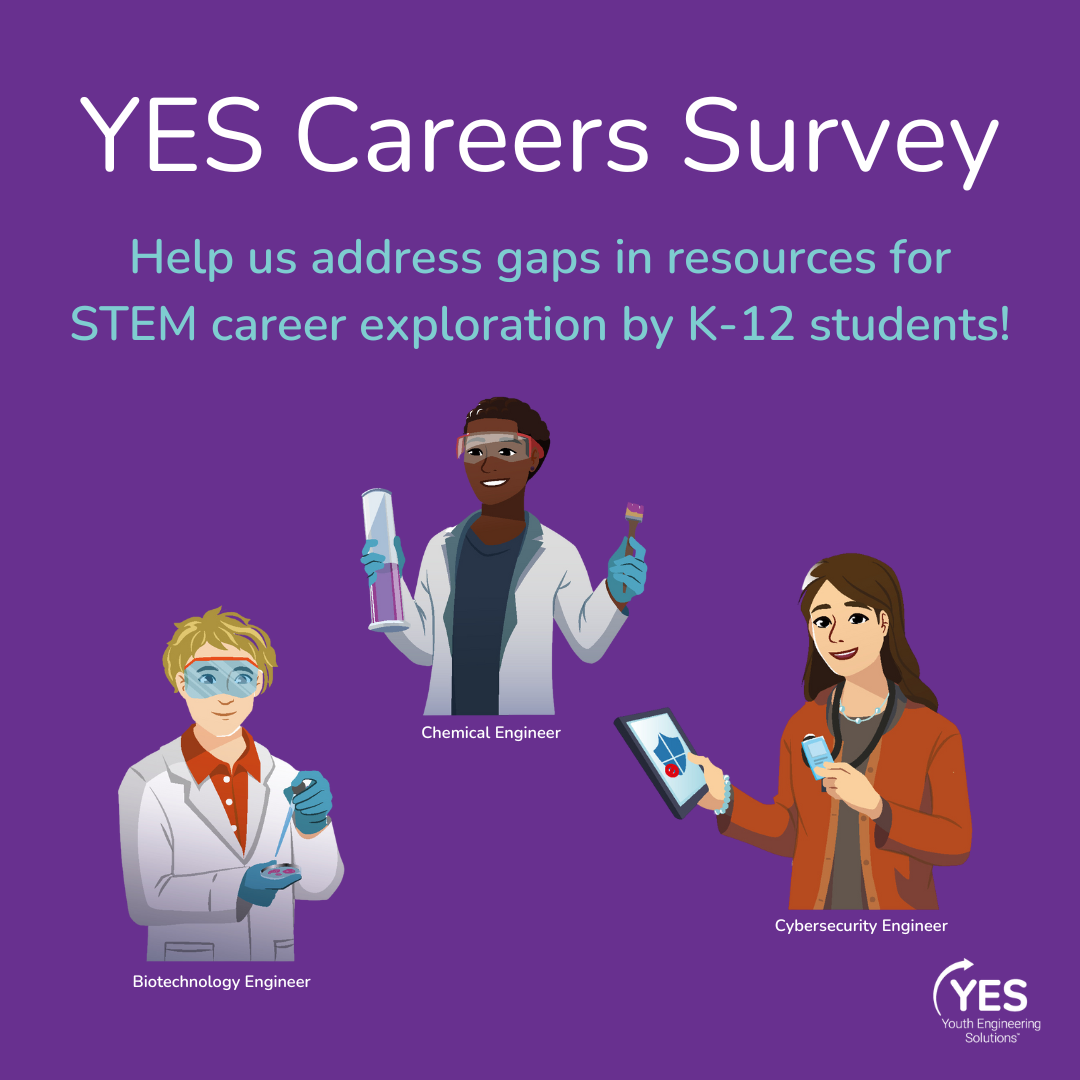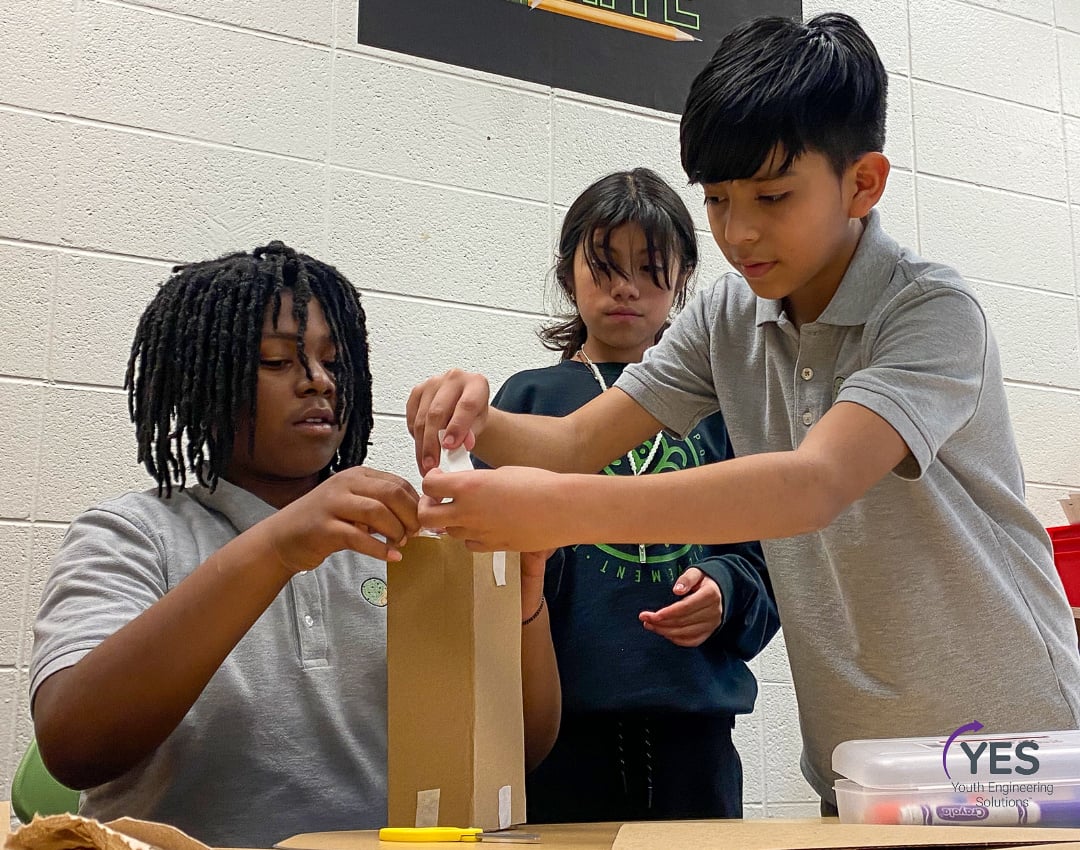The recently released report, Science and Engineering in Preschool through Elementary Grades from the National Academies of Sciences, Engineering and Medicine, shows that some of the most essential elements of effective, early STEM teaching are an added emphasis on English language learning, mathematics, and preparation.
Early Childhood STEM Education | EiE Research Results | STEM Implementation | Wednesday, December 1
What PEW Research Center Found About The STEM Workforce
The PEW Research Center recently released findings about the STEM workforce and statistics about education and training for the fields of science, technology, engineering and math.
Early Childhood STEM Education | EiE Research Results | Early Engineering | Webinar | Monday, November 15
Join Our Free Seminar on Social Emotional Learning!
JOIN US for a free, expert educator-led webinar to learn how EiE’s programs and curricula support social-emotional learning and development!
EiE Research Results | Engineering for All | Create a Generation of Problem Solvers | Computer Science | Thursday, November 18
What This Google and Gallup Study Says About CS Education
The Current Perspectives and Continuing Challenges in Computer Science Education study published by Google and Gallup shows us some interesting trends about computer science education. The results include interviews with more than 7,000 participants, including students in grades 7 through 12, parents and guardians of students in grades 7 through 12, teachers, principals and superintendents across the U.S.
EiE Teaching Tips | EiE Research Results | Create a Generation of Problem Solvers | Tuesday, April 13
Introducing Engineering to Early Learners
While there is no singular solution to providing equitable, high-quality learning experiences for our youngest learners, we do know that by supporting proactive policies, professional development, and selecting research-based STEM curricula, we can better prepare the next generation of problem solvers. But with preschool program enrollment declines ranging from 15% to 41% during the 2020-2021 pandemic school year according to the National Institute for Early Education Research (NIEER), how can we continue to bridge the gaps caused from these inequitable learning opportunities?
